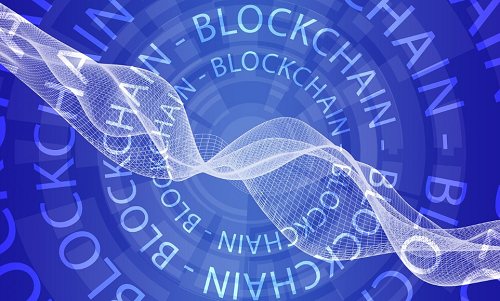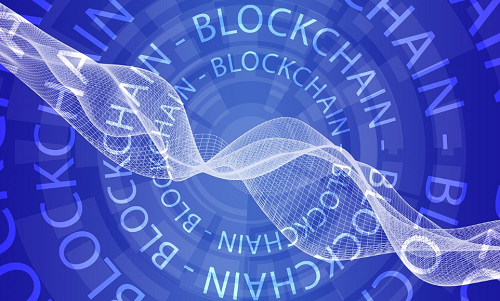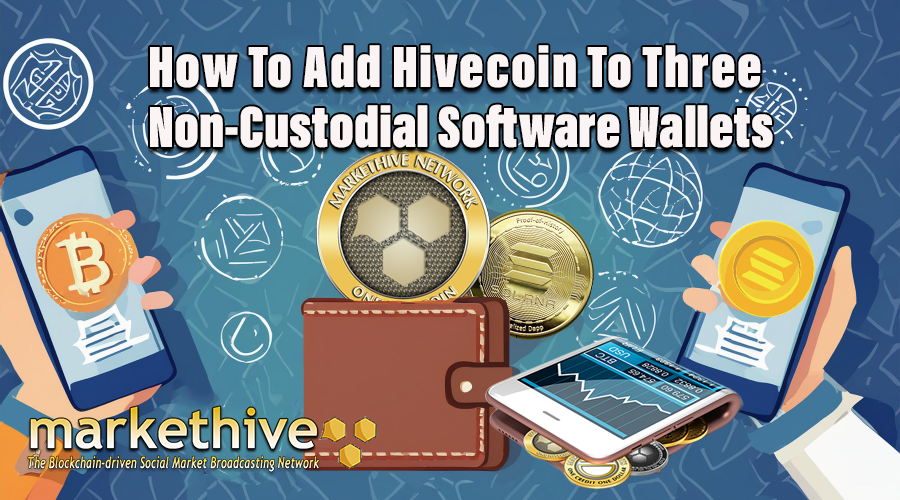


Image Source: Pixabay
Crypto Drainers: The Rising Threat to Bitcoin (BTC) and Other Cryptocurrencies
A deep dive into the increasing threat of crypto drainers to Bitcoin and other cryptocurrencies, highlighting ways to avoid falling victim.
A crypto drainer is essentially a phishing tool designed for the web3 ecosystem. Instead of stealing usernames and passwords, the operators of these scams masquerade as legitimate web3 projects. They lure victims into connecting their crypto wallets to the drainer and approving transaction proposals, which effectively grant the scammers control of the funds in the victims' wallets. Following a successful attack, the drainers can instantly steal users' funds. The fraudulent web3 sites are often promoted in Discord communities and on compromised social media accounts.
While it is challenging to ascertain the total amount stolen by crypto drainers due to underreporting, the available data suggests that the scale of these scams is significant. In fact, the quarterly growth rate in value stolen by drainers has outpaced that of ransomware, another fast-growing category of cybercrime. After stealing digital assets, the criminals typically rely on various crypto services to launder the funds or convert them into cash. There has been a noticeable increase in funds sent by drainers to mixing services since 2021, while the funds sent to centralized exchanges have decreased. Some drainers are also using gambling services, albeit on a smaller scale. Read More
What is the Ethereum (ETH) burn address
The Ethereum burn address is a unique element within the Ethereum blockchain, specifically designed to permanently remove Ether tokens from circulation.
The Ethereum burn address is represented by the address 0x0000000000000000000000000000000000000000. The fundamental concept behind a burn address is the intentional destruction of tokens.
A key characteristic of the burn address is the absence of a corresponding private key. Since controlling a cryptocurrency wallet requires a private key, this intentional omission ensures that any Ether (ETH) sent to the burn address becomes irrevocably lost. There is no mechanism to recover or reuse these burned tokens.
The Ethereum burn address plays a pivotal role in managing the overall supply of ETH. By reducing the circulating supply, burning tokens creates potential deflationary pressure and influences the value dynamics of the cryptocurrency. This process contributes to maintaining the health and long-term stability of the Ethereum network. Read More
Ripple publishes math prof’s warning: ‘Public-key cryptosystems should be replaced’
Mathematician Massimiliano Sala says current encryption methods won’t protect blockchain systems from quantum computers.
Professor Massimiliano Sala of the University of Trento in Italy recently discussed the future of blockchain technology as it relates to encryption and quantum computing with the crew at Ripple as part of the company’s ongoing university lecture series.
Sala’s discussion focused on the potential threat posed by quantum computers as the technology matures. According to the professor, current encryption methods could be easy for tomorrow’s quantum computers to solve, thus putting entire blockchains at risk. Read More
How To Add Hivecoin To Three Non-Custodial Software Wallets

A software or digital wallet is a powerful tool that simplifies and empowers your cryptocurrency experience. It's a handy app or site that securely stores your cryptocurrency keys, always at your fingertips, ready to be accessed anytime, anywhere with an internet connection.
This convenience puts you in the driver's seat of your digital assets, allowing you to manage them with ease and confidence. Importantly, non-custodial means you have complete control over your keys and funds, unlike custodial wallets, where a third party holds your keys.
Software wallets play a vital role in your cryptocurrency journey. They don't store your crypto; your coins are stored on the blockchain. Instead, they provide you with access to your passkeys, enabling you to transact with your digital currencies. This accessibility allows you to buy, sell, trade, or transfer crypto from your computer or mobile device without needing a physical device. Moreover, these software wallets are fortified with robust security measures, providing protection surpassing centralized exchanges.
Today, we’ll explore three non-custodial software wallets that allow you to list and transact with Hivecoin. Hivecoin is a crypto asset that is part of the Markethive community. It is instrumental in creating transactional activity within the community as we prepare to list Hivecoin (HVC) on crypto exchanges, where it will be available for free market trading. Read More
Vitalik Buterin Outlines Improvements for Ethereum's Decentralized Future
Vitalik Buterin, Ethereum co-founder, recently shared his vision for the future of Ethereum’s network in a blog post. Writing from an Ethereum developer interop event in Kenya, Buterin emphasized the need to address key concerns within the community. He highlighted that the pace of Ethereum development is accelerating, with significant progress made on PeerDAS, Verkle trees, and EIP-4444.
“From my own perspective,” Buterin wrote. “It feels like the pace of Ethereum development, and our capacity to ship large and important features that meaningfully improve the experience for node operators and (L1 and L2) users, is increasing.”
A central issue raised by Buterin is miner extractable value (MEV), which he explained as revenue generated by miners or block proposers through complex strategies within decentralized finance (defi) protocols. To mitigate MEV’s impact, Buterin advocates for a dual approach of MEV minimization and MEV quarantining. While MEV minimization involves creating MEV-free alternatives and encrypted mempools, Buterin says MEV quarantining separates the roles of validators and transaction builders to reduce centralization risks. Read More
How to securely store crypto in software wallets
Securing your cryptocurrency storage starts with selecting the appropriate software wallet. Using multisig wallets, 2FA and password managers are further steps.
Software wallets enable crypto users to access digital assets at any time and from any location. However, the same connectivity also makes these wallets vulnerable to hacks and thefts. The security of software wallets is dependent on the user’s compliance with advised digital safety procedures and the wallet’s built-in security measures.
Digital assets such as cryptocurrencies and nonfungible tokens (NFTs) face a plethora of security issues, such as malware designed to steal money and phishing schemes that try to obtain critical data. One needs to cultivate an adequate understanding of security standards to use software wallets safely.
This article describes what software wallets are and how to choose the right software wallet. It discusses the process of installing a software wallet and how to manage it securely. Read More
‘46 Times Faster Than Ethereum’ – Solana Races to the Top of CoinGecko’s List of Swiftest Blockchains
Smart contract platform Solana (SOL) is moving to the top of CoinGecko’s list of fastest blockchains.
In a new publication, CoinGecko says Solana is a staggering 46 times faster than its rival Ethereum (ETH), the second-largest digital asset by market cap, making it the fastest large blockchain on the market.
However, CoinGecko says that Solana has only reached 1.6% of its theoretical maximum throughput.
“Solana has proven to be the fastest among large blockchains, with its actual daily average transactions per second (TPS) reaching a record high of 1,504 on April 6th this year amid the memecoin mania. Read More
How To Excel At Customer Acquisition Through Content Creation With Markethive

Markethive, the blockchain-driven social market broadcasting network, is revolutionizing the media landscape. Its unique iterations, integrations, and upgrades will make it the ultimate tool for customer acquisition for large companies, small businesses, and solo entrepreneurs seeking to craft and disseminate compelling content that resonates with their target audience. This will include press releases and sponsored articles.
In contrast to traditional social media platforms, you retain ownership of your content, assets, and resources. On centralized social media platforms, the content you share becomes the property of the platform itself. They may redistribute it for profit without informing you or seeking your consent despite your view that your content is proprietary.
Watch as this behemoth of all things digital media unfolds and grows, dominating various aspects of marketing and advertising, including customer acquisition, social media, inbound strategies, video advertising, content creation, email campaigns, banner display, and more. Equipped with customized storefronts for individual businesses, SEO optimization, and its crypto, Hivecoin, the currency of Markethive, it is a complete ecosystem tailored for entrepreneurs. Read More
Do We Even Need Bitcoin ETFs
After five years of drama and dozens of rejections, ETFs (exchange-traded funds) based on Bitcoin’s spot price have finally been approved.
A total of 11 ETFs are making their market debut, allowing US investors to gain exposure to Bitcoin (BTC) without directly owning the cryptocurrency itself.
While this could see billions of dollars flow into the market, it’s important to take a step back and consider the ramifications of traditional financial institutions getting involved in the space.
BlackRock, the world’s largest asset manager, is among those that has launched a Bitcoin ETF. This, when coupled with the centralization in current ETF systems, should ring alarm bells. Read More
Crypto and Mobile Payments Enhance Financial Inclusion in Africa
Crypto-enabled and mobile payments are broadening financial inclusion in Africa despite barriers.
As Africa moves towards a digital economy, cryptocurrencies and mobile payments are playing a critical role in promoting financial inclusion. Despite various challenges such as cost barriers to opening an account, high remittance fees, a lack of identifying documentation, limited access to physical bank branches, and an economy that still largely operates on cash, the continent is emerging as a global leader in mobile money transactions.
Today, Africa accounts for 70% of the world’s $1 trillion mobile money value and nearly half of registered mobile money accounts. The value of Africa’s mobile money transactions significantly increased to $701.4 billion in 2021 from $495 billion in 2020. This trend suggests that the future of African financial services is both digital and mobile. Read More
Disclaimer: These articles are provided for informational purposes only. They are not offered or intended to be used as legal, tax, investment, financial, or any other advice.